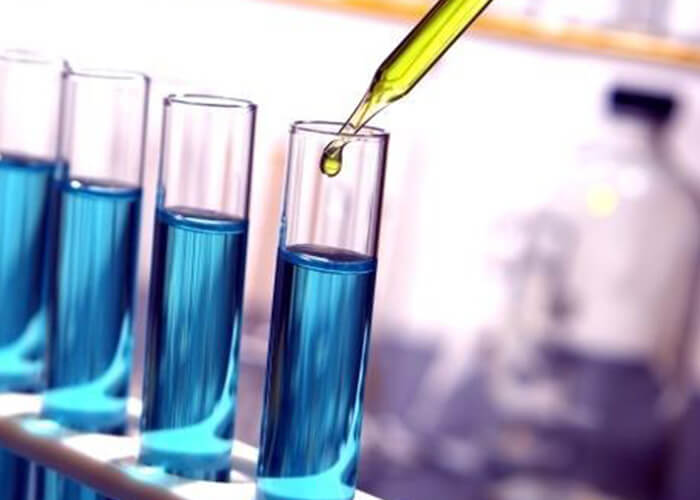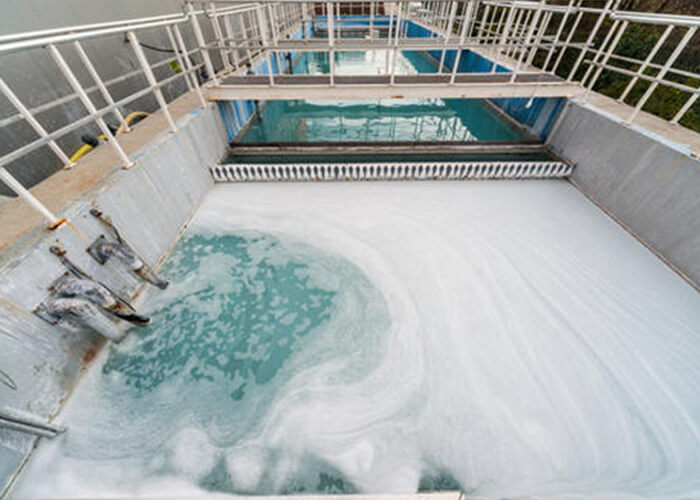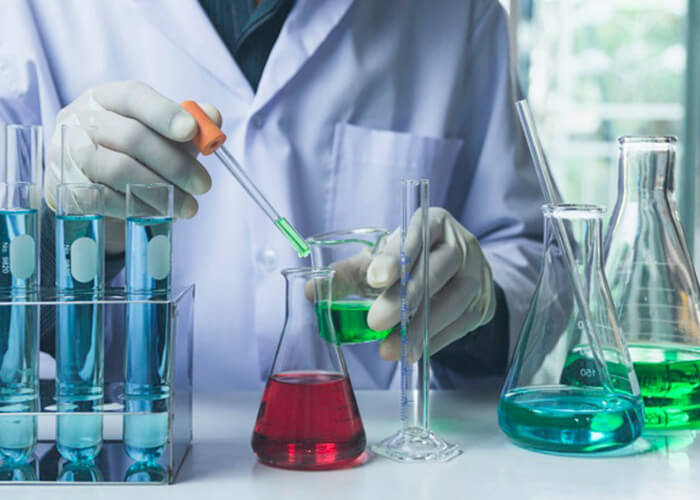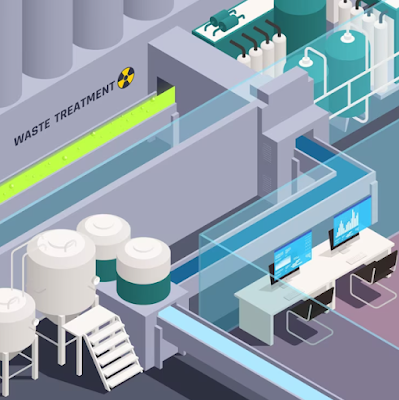Wastewater Treatment Plants India
Wastewater Treatment Chemicals Plant in India
Industrial waste water management is becoming even more important, as time passes by. Not only do the different businesses have a personal responsibility to ensure that water is not wasted in the form of waste water, some companies are legally mandated by the government for this purpose.
There are many waste water treatment processes that are available, and different processes require different levels of attention for you to ensure that your plant functions efficiently.
In this page, not only are we going in depth on the list of wastewater treatment chemicals , we will also mention a list of treatment facilities in India.
What are waste water treatment Chemicals?
All industries have a responsibility to ensure that their effluents and waste water meet the requirements of the local, regional and national regulations. In India, a company's trade effluent consent will depend on the composition of the waste water adhering to certain criteria. The composition generally covers the pH, fat, oil and grease content, chemical oxygen demand, proportion of suspended solids, levels of sulphates, heavy metals and other industry-specific effluents. In order to treat the waste water so that the companies can continue functioning effectively, they utilize water treatment chemicals.
There are four main kinds of chemicals that are used to treat waste waters. These chemicals can be pH neutralizers, anti-foaming agents, coagulants and flocculants.
1. pH Neutralizers - These chemicals ensure that the waste water is not too acidic/basic. These are particularly used when waste water is directly released into lakes/rivers - altering the pH levels of the local eco-system can prove deadly for the flora and the fauna that depend on the source of water.
2. Anti-foaming agents - Anti foaming agents allow the water to retain it's physical properties, and not create excessive foam after being utilized by the machines. Foaming can cause significant drainage issues, and other treatment related problems.
3. Coagulants and Flocculants - They work in tandem to remove suspended solids and clarify wastewater.
List of Waste Water Treatment Chemicals.
Benefits of Water Treatment
1. Provides Pure water - Any water, which cannot be used should be treated to ensure that it will not affect the atmosphere negatively. Water treatment plants treat most waste water, and provide everyone with pure water, released back into the environment.
2. Protect Environment. - Speaking of the environment, waste water contains a lot of toxic substances, which can prove fatal to the environment. Industrial water treatment plants help remove/reduce the harmful ingredients and chemical components from the water. This protects the environment in two ways - The water can be reused again 2-minimizes environmental pollution. Keeps diseases away - while an apple a day keeps the doctor away, industrial water treatment plants help keep the diseases away. Impure water is known to be the cause of many diseases. If not treated well, water could be the breeding grounds for harmful pathogens - paving the way
3. for unnecessary diseases
4. Strengthens economy - not only is treating waste water the ethical thing to do, it will help compensate for the vile pollutants released into the environment, and create jobs for people working in this industry





Comments
Post a Comment